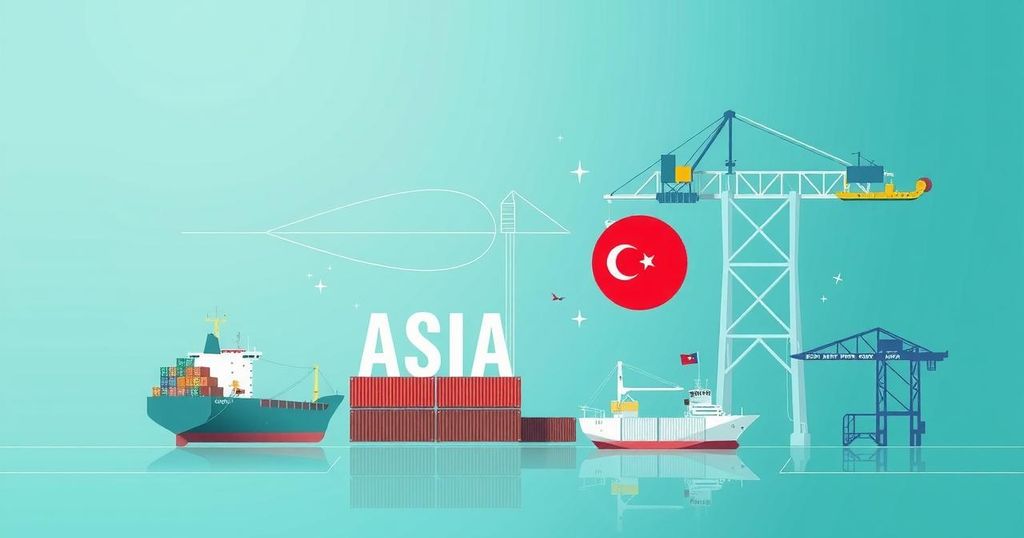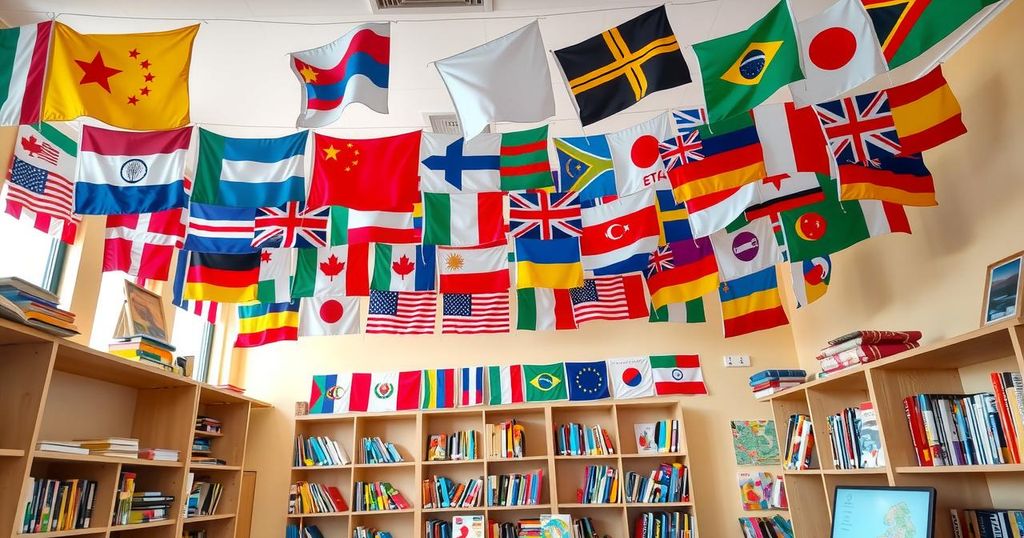Politics
ASIA, CHINA CENTRAL TELEVISION, DEFENSE, DONALD TRUMP, GEOPOLITICS, INTERNATIONAL RELATIONS, JOHN GEDDIE, JOYCE LEE, KOREA, SOUTH, MILITARY COOPERATION, MILITARY DRILLS, MINISTRY, NORTH AMERICA, REUTERS, SEOUL, SHARON SINGLETON, U. S, UNITED STATES, US, US-CHINA RELATIONS, WASHINGTON, WEIBO, YUYUAN TANTIAN
Sophia Klein
China, Japan, South Korea Discuss Joint Response to U.S. Tariffs
China, Japan, and South Korea discussed enhancing trade cooperation following U.S. tariffs. However, South Korea and Japan expressed skepticism regarding claims of a joint response. Efforts to advance a free trade agreement and strengthen supply chain ties were also emphasized during the dialogue.
China, Japan, and South Korea have articulated a united stance regarding a response to United States tariffs, according to a social media account affiliated with Chinese state media. This assertion was met with skepticism from South Korea, which deemed it “somewhat exaggerated,” while Japan stated that no such discussions occurred. The comments emerged after the nations had their first economic dialogue in five years, aiming to bolster regional trade in light of U.S. tariffs imposed by President Donald Trump.
During the talks, Japan and South Korea expressed intentions to import semiconductor raw materials from China, while China showed interest in acquiring chip products from both Japan and South Korea. The state media account, Yuyuan Tantian, linked to China Central Television, reported that all three nations convened to strengthen supply chain cooperation and facilitate dialogue on export controls. However, a spokesperson from South Korea’s trade ministry refuted the notion of a joint strategy against U.S. tariffs and emphasized this claim was exaggerated.
Japan’s Trade Minister, Yoji Muto, confirmed there was a meeting but insisted discussions regarding a joint response to the U.S. tariffs did not take place, framing the gathering as simply an exchange of views among the nations. Following the dialogue, trade ministers from the three countries agreed to accelerate negotiations on a free trade agreement to enhance both regional and global trade.
The economic dialogue occurred shortly before President Trump’s anticipated tariff announcement termed “liberation day,” with the United States remaining a key trading partner for all three nations despite ongoing tensions over various disputes. This includes territorial disagreements and Japan’s planned release of wastewater from the Fukushima nuclear facility.
In summary, China, Japan, and South Korea have expressed intentions to enhance cooperation amidst looming U.S. tariffs but have not reached a consensus on a unified response. The recent economic dialogue aimed to promote trade relations and expedite negotiations for a free trade agreement. The differing reactions from Seoul and Tokyo highlight the complexities of trilateral relations amid significant U.S. trade policies.
Original Source: www.nationthailand.com








Post Comment